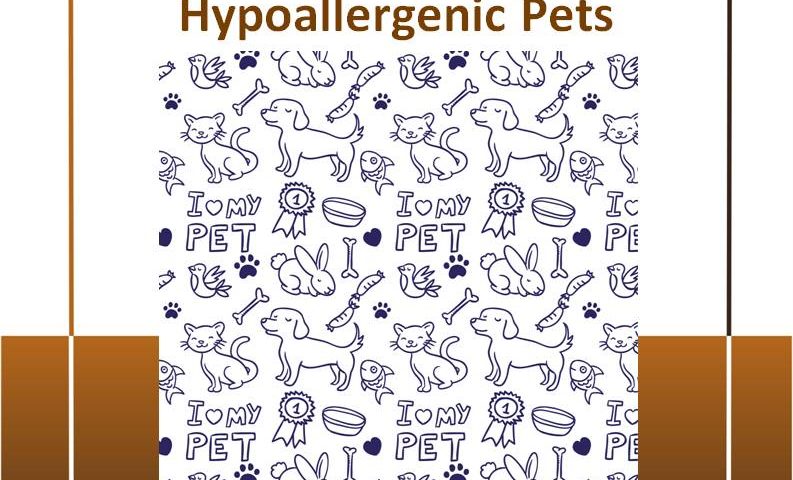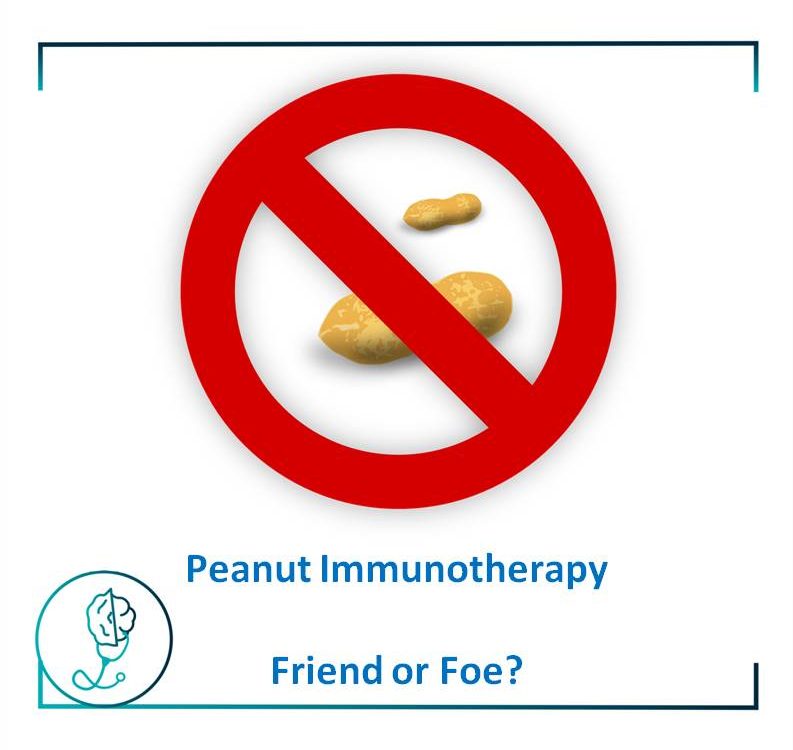Allergy to Pets

Pollen Food Syndrome
16/08/2020
Non-allergic Rhinitis
08/11/2020Many people think that allergies to pets are caused by a dog’s or cat’s fur (or any other pet, for what it matters).
But the real source of pet allergies is often a protein that’s in the saliva and urine of dogs and cats, also some produced in sebaceous glands. This protein sticks to the dead, dried flakes (dander) from your pet’s skin.
Some cats or dogs may shed less dander than others, which potentially can lead to fewer symptoms.
The most interesting piece of research done so far came to the following conclusion:
- “There was no evidence for differential shedding of allergen by dogs grouped as hypoallergenic. Clinicians should advise patients that they cannot rely on breeds deemed to be “hypoallergenic” to, in fact, disperse less allergen in their environment.” (Dog allergen levels in homes with hypoallergenic compared with non-hypoallergenic dogs. Am J Rhinol Allergy. 2011 Jul-Aug;25(4):252-6. doi: 10.2500/ajra.2011.25.3606.).
There is also extensive research done by Prof A. Custovic, related to the development of allergies to pets (can provide references if asked).
The most common symptoms seen in allergies to pets are very similar to most other airborne allergens.
But they will vary depending on the person’s own sensitivity to the pet in question.
The greater the skin prick test and/or specific IgE, the higher the chance to develop more severe symptoms.
They are:
- Sneezing or a runny or stuffy nose.
- Facial pain (from nasal congestion).
- Coughing, chest tightness, shortness of breath, and wheezing.
- Watery, red or itchy eyes.
- Skin rash or hives.
- Anaphylaxis – can happen, though it is extremely rare. There are one or two cases published, by the famous American Mayo Clinic, of dog anaphylaxis. More reports are to cat and horse.
The worse respiratory symptoms tend to be associated with someone who already has an underlying breathing pathology, like asthma, poorly controlled allergic rhinitis or recurrent wheeze of varied aetiology.
This potentially can lead to significant deterioration, often leading to hospital admission for treatment, often including moderate to intensive admissions and treatment.
Prof John Warner, one of the best known worldwide experts in Allergy, has once said that “If you remove a cat from home, you clean all the walls down, do the laundry, do the draperies, it still takes six months for the level of cat protein to get down to normal.”
More or less the same will apply to dogs.
Research done by Allergist Dana Wallace, MD, has shown cat dander to be the smallest among pets. This means it will remain airborne for at least 30mins after being disturbed, leading to constant exposure to it.
What to do?
Depending on the severity of the symptoms, you might need to avoid the pet (leading to allergic symptoms) completely.
If mild, then you can try mild avoidance and cleaning methods, like:
- Keep the dog out of your bedroom and restrict it to only a few rooms. Be advised that keeping the dog in only one room will not limit the allergens to that room.
- Don’t pet, hug or kiss the dog; if you do, wash your hands with soap and water.
- High-efficiency particulate air (HEPA) cleaners run continuously in a bedroom or living room can reduce allergen levels over time.
- Regular use of a high-efficiency vacuum cleaner or a central vacuum can reduce allergen levels.
- Wash soft furnishings like duvet covers, curtains, cushions, and soft toys on a hot wash cycle.
- Bathing your dog at least once a week can reduce airborne dog allergens.
- For horse allergy, remove all clothing, bag it, and take a shower, before getting in contact with a person allergic to horses.
If moderate:
- Nasal symptoms are often treated with steroid nasal sprays, oral antihistamines or other oral medications.
- Eye symptoms are often treated with antihistamine eye drops.
- Respiratory or asthma symptoms can be treated with inhaled corticosteroids or bronchodilators to prevent or relieve respiratory symptoms.


